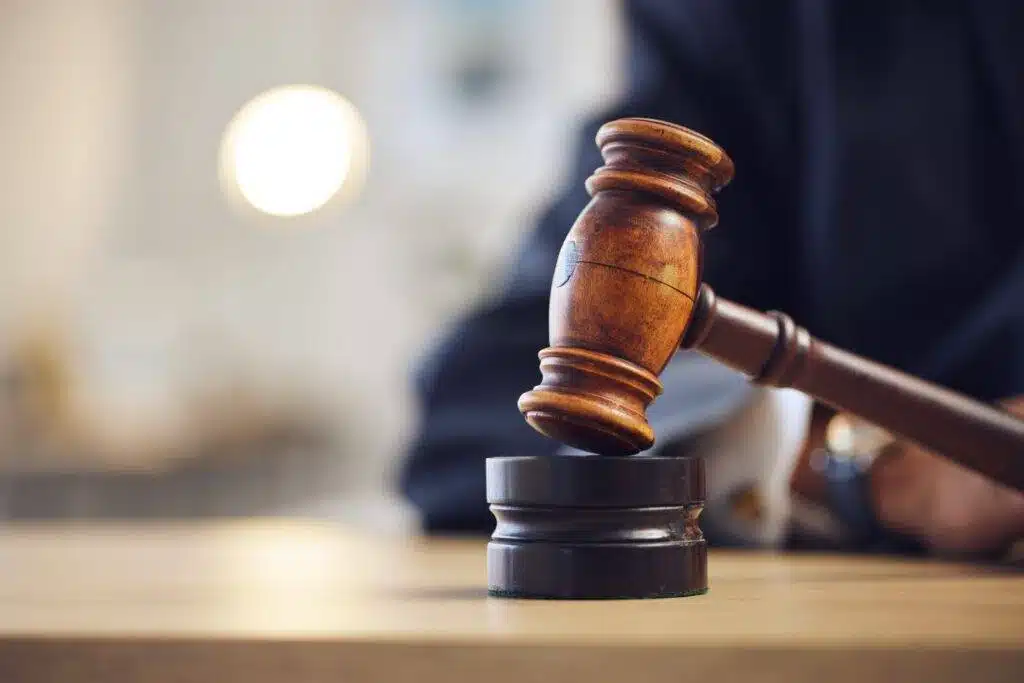Tailoring Your Criminal Defense to Your Case
That being said, there are several common defense tactics that criminal law firms may employ to challenge charges and safeguard the rights of their clients.
Alibi
Accident
Defense: Self-Defense, Defense of Others, Defense of Property
Self-defense is a fundamental legal principle in the state of Colorado, allowing individuals to use reasonable force to protect themselves from imminent harm or danger. In criminal cases involving allegations of assault, battery, or homicide, the self-defense defense asserts that the defendant’s actions were justified because they were necessary to prevent harm to themselves or others.
However, there are several cases in which self-defense (or defense of others) is not justifiable.
- The defendant initiated the altercation and did not recede from it.
- The defendant consented to the use of force.
- The defendant provoked someone else in order to cause harm.
When it comes to property defense, deadly force is never permitted except in the case of arson prevention.
Entrapment or Duress
Note that duress cannot be used as a defense for a Class 1 felony in the state of Colorado.
Necessity
While necessity and duress are often used interchangeably, they are not the same. Duress requires someone else to threaten you into an action, whereas necessity need not involve another person.
False Accusation
Mistaken Identity
Police Misconduct
Lack of Probable Cause
Intoxication
- Voluntary intoxication: The defendant became willingly intoxicated.
- Involuntary intoxication: Someone else got the defendant drunk or drugged them.
Of the two, involuntary intoxication is a much stronger defense, showing that the defendant had no role in their impaired state. Because this defense revolves primarily around intent, it has little to no application for crimes that require only general intent or strict liability.
MBS Law: Expert Criminal Defense Lawyers in Denver
Contact us today to get started with a FREE consultation, where we will discuss the details of your case and the best next steps.



